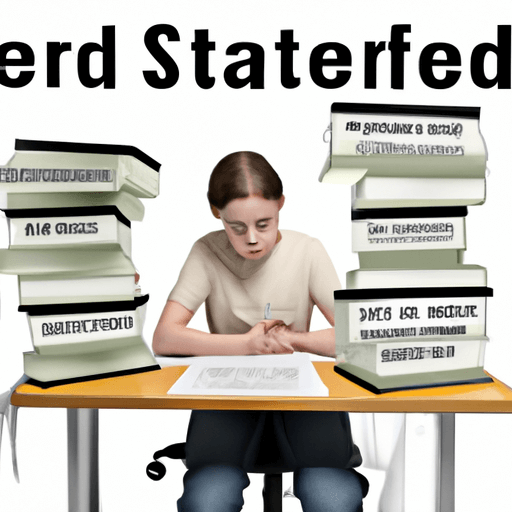Standardized Testing: A True Measure of Student's Ability or Not?
As an integral component of academic evaluation across the globe, the impact of standardized testing on a student's overall abilities is often a topic of intense debate. This article aims to delve into this complex issue by scrutinizing the efficacy of such testing, presenting various perspectives, and discussing potential alternatives.
The Role of Standardised Testing
Standardized testing is used extensively across the world's educational fabric. It's a method of evaluation in which all test-takers are assessed with the same set of exams under identical conditions, thereby measuring their academic capability on the same scale. These tests are generally perceived as objective and reliable instruments for evaluating student abilities, enabling comparisons across different educational institutions, districts, and even countries.
Effectiveness of Standardized Testing
The primary intention of standardized tests is to objectively measure student abilities and knowledge. However, the effectiveness of these tools is a matter of ongoing debate, with opinions sharply divided among educators, parents, and policymakers. On the one hand, proponents argue that these tests provide an unbiased overview of student comprehension and retention, demonstrating the ability to absorb the prescribed curriculum. On the other hand, critics challenge these tests, stating that they primarily evaluate a student's ability to memorize and regurgitate information rather than measure critical thinking, creativity, and problem-solving skills.
Contrasting Opinions about Standardized Tests
Contrasting opinions about standardized tests frequently ignite discussions. Advocates point out the fairness, comparability, and efficiency of standardized tests. They argue that these assessments are essential for maintaining academic standards and holding teachers and schools accountable. Critics, however, assert that high-stakes testing can lead to narrow learning and teaching behaviours, as they encourage 'teaching to the test' instead of promoting a rounded, comprehensive education. They might also argue that this approach causes stress and anxiety among students, diminishing the joy of learning and possibly leading to adverse long-term educational outcomes.
Alternatives to Standardized Testing
Given the contentious nature of standardized testing, it is important to explore possible alternatives. These can include:
- Portfolio-Based Assessment: These assessments evaluate a student's growth and progress over time, using a collection of student work that showcases their learning journey.
- Performance-Based Assessment: This tests a student’s ability to apply the skills and knowledge learned from a unit or units of study. It could involve presentations, group projects, or practical tasks.
- Formative Assessments: These are ongoing checks for understanding done throughout a unit of study to give teachers an idea of how students are progressing.
These alternatives aim to evaluate a broader range of student skills and abilities, considering aspects such as creativity, critical thinking, and collaboration that standardized tests may overlook.
Conclusion
Despite the ongoing debates, standardized testing remains a dominant method of student assessment, not without reason. However, as educators continue to strive for a more holistic view of student abilities, it is crucial to consider and study the value of alternative assessment methods.



















Comments
Leave a Comment